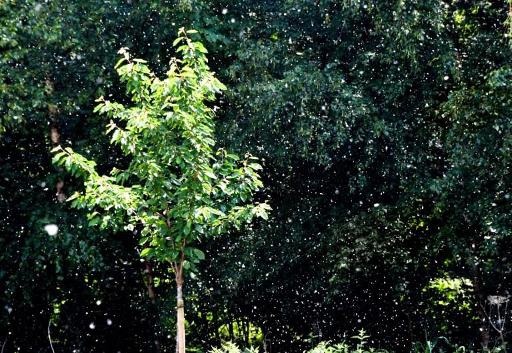Never before has the quantity of pollen in the air been so high in Belgium as in the just-ended pollen season, according to the Belgian network that monitors pollen and fungal spores, AirAllergy.be, managed by the Sciensano Institute. The 2018 pollen season was an absolute record and that is because of weather conditions, Florence De Bock of the Mycology and Aerobiology Service within the Sciensano federal research centre. “In Spring, we had very hot weather very early on, and that encourages the propagation of pollen,” she explained.
By the same token, the situation is expected to worsen in future as a result of global warming, which is bad news for people with allergies. “With global warming, the growth and flowering season of many trees and plants tends to become increasingly longer, so we have pollen earlier and longer in the air,” De Bock added.
AirAllergy.be, created in 1974, now has five measuring stations in activity – in Brussels, De Haan, Genk, Marche-en-Famenne and Tournai. Pollen measurements are suspended in late September, at the end of the season for these allergens, which reopens in January. The measurement of fungal spores in the air continues until the end of November.
Pollen comes from various sources, including trees - such as walnuts, poplars and oaks - grasses and other herbaceous plants. Measurements are expressed in terms of quantity of grain collected per cubic metre (m³) of air.
For oak pollen, a peak of 1,084 grains/m³ was observed this year, while birch trees attained highs of up to 2,892 grains/m³.
The Brussels Times

